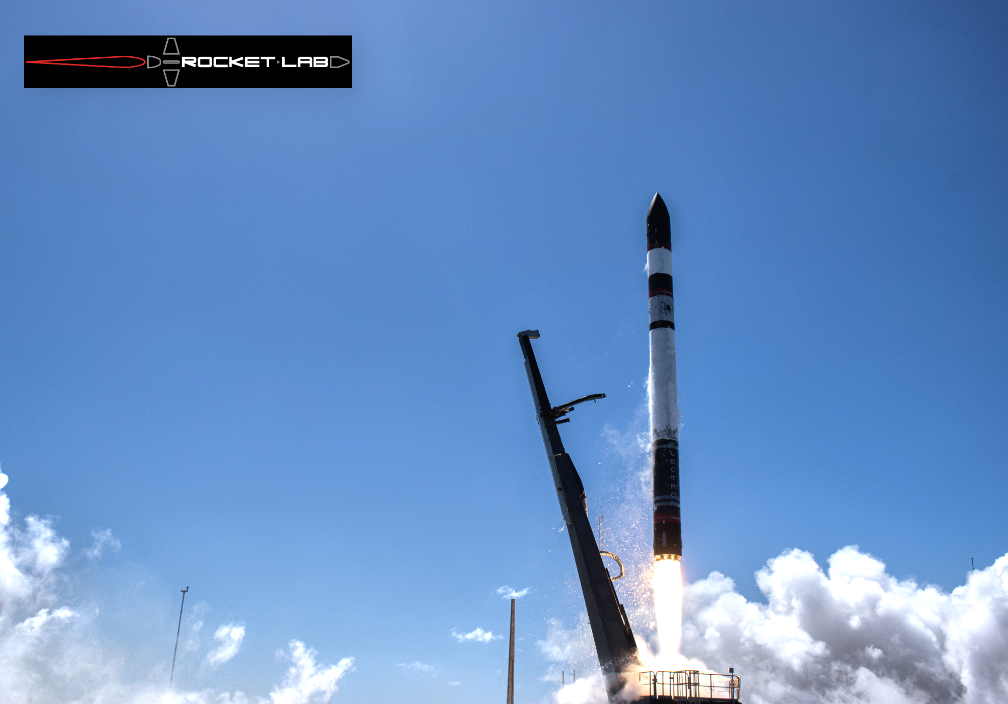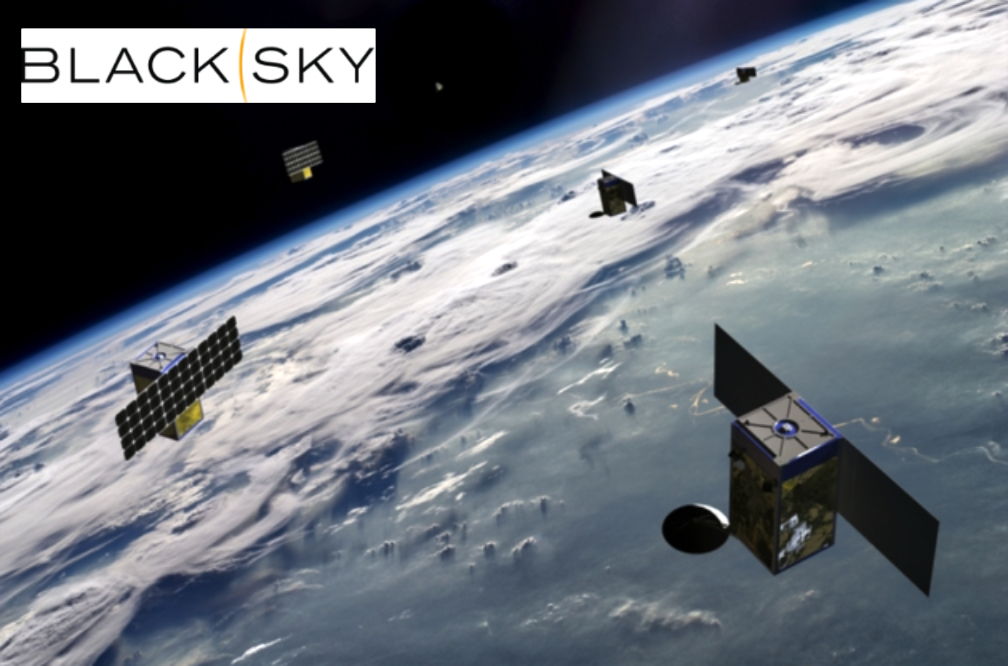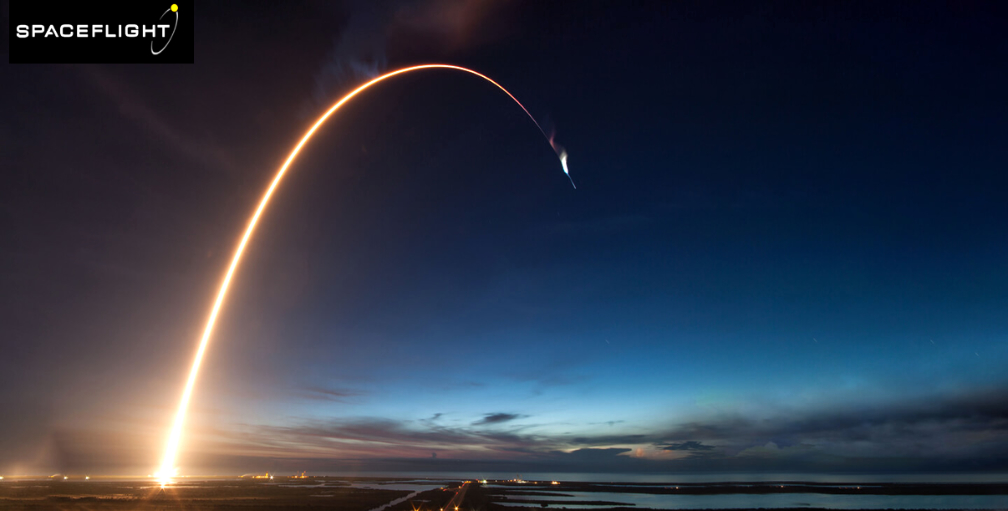
Rocket Lab (Nasdaq: RKLB) has successfully deployed two satellites to orbit for real-time, geospatial monitoring company BlackSky (NYSE: BKSY).

Rocket Lab also successfully introduced helicopter operations to a recovery mission for the first time, using a helicopter to observe and track the Electron rocket’s first stage as it descended to Earth under parachute as part of the company’s program to make Electron the world’s first reusable, orbital-class commercial small rocket.
The ‘Love At First Insight’ mission, arranged for BlackSky through launch services provider Spaceflight Inc., was Electron’s 22nd lift-off from Rocket Lab Launch Complex 1 on New Zealand’s Mahia Peninsula. Following lift-off at 01:38 UTC, November 18, 2021, Electron successfully delivered the two BlackSky Gen-2 Earth-imaging satellites to a circular 430 km orbit, growing BlackSky’s constellation of real-time geospatial monitoring spacecraft and bringing the total number of satellites deployed by Rocket Lab to 107.

This mission also included a controlled ocean splashdown and recovery of Electron’s first stage. For the first time, Rocket Lab stationed a helicopter in the recovery zone around 200 nautical miles offshore to track and observe the descending stage in preparation for future aerial capture attempts. The helicopter successfully tracked the returning rocket and completed communications tests in the recovery zone, bringing Rocket Lab a step closer to catching a rocket from the sky, bringing it back to the production complex for refurbishment, and then launching it to space again.

The ‘Love At First Insight’ mission was the latest launch for BlackSky as part of a multi-launch agreement to deploy numerous BlackSky satellites on Electron. Five BlackSky satellites have now been successfully deployed to LEO so far on missions across 2019 and this year. As part of the deal, another two BlackSky satellites are scheduled for launch on Rocket Lab’s next Electron mission named “A Data With Destiny,” which is scheduled to launch during a 14-day launch window that opens in December. These successfully deployed satellites, along with those previously launched to space by Rocket Lab and the remaining four satellites next in line, represent the largest number of satellites BlackSky has dedicated to a single launch provider to date.
Executive Comment
Peter Beck, Rocket Lab founder and CEO, said, “Today’s launch was a masterclass from an incredible team of engineers on how to successfully deliver customers’ satellites to space while at the same time demonstrating cutting-edge operations and innovation that pushes the space industry forward on small rocket reusability. This is our third successful proof of concept recovery mission, and further cements Electron as the leading launch vehicle for the small satellite market. We are all excited to move onto the next phase of reusability next year; catching Electron in the air with a helicopter.”
